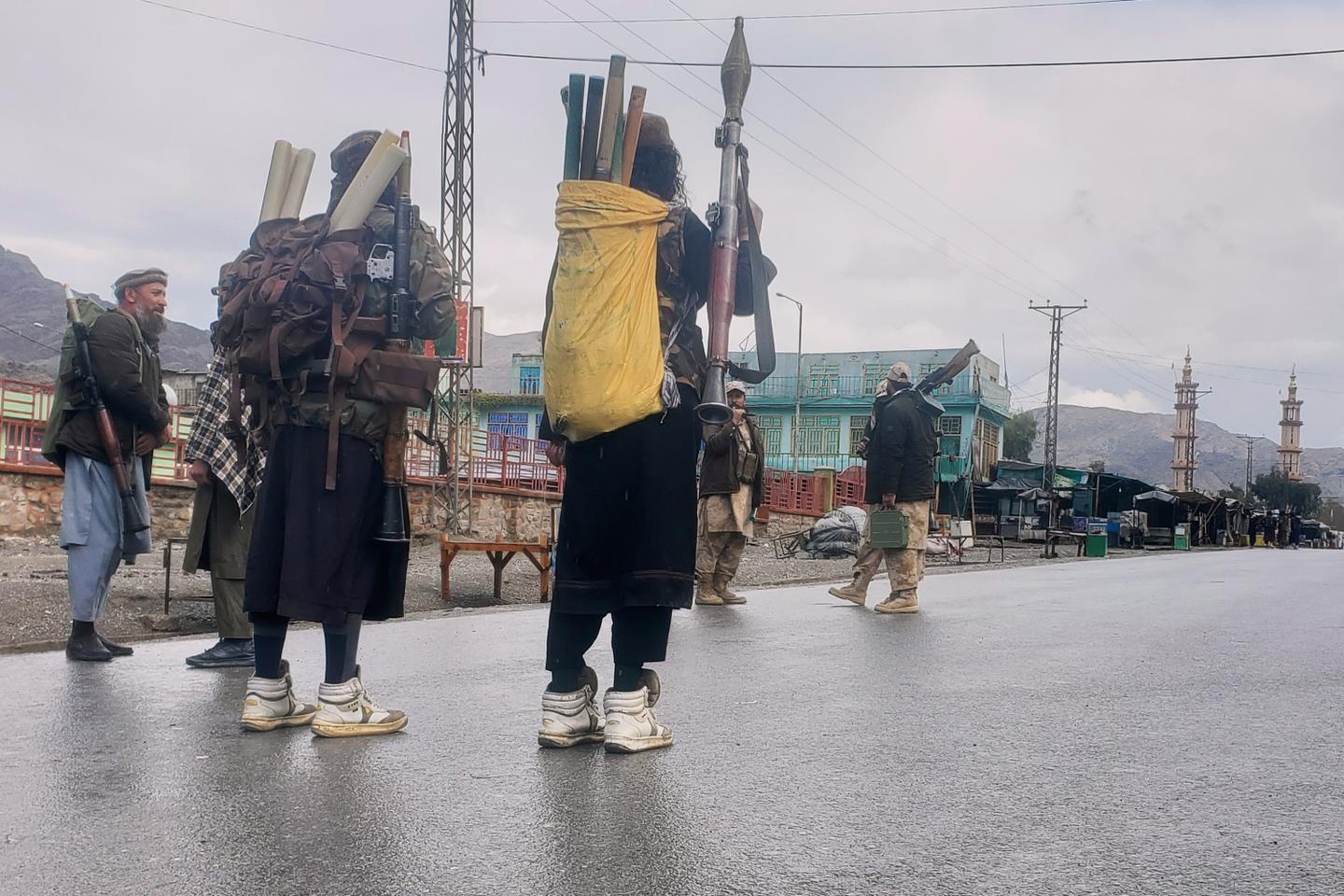


In the flurry of presidential directives that Donald Trump has issued from the White House, one concerns Afghanistan – or rather the Afghans. At the end of January and beginning of February, the United States decided to suspend immigration from the country, blocking a visa program for people who had helped the US during the war against the Taliban.
There are still thousands of former military personnel, assistants to the US military, drivers, fixers, interpreters – not to mention their families – who are hoping to leave, according to an article in the New York Times on January 25. Now they have been abandoned to the Islamist forces in power in Kabul. Is it a betrayal? Perhaps. In any case, the situation is illustrative of America's current withdrawal into itself that sums up Trump 2.0, and is not unrelated to the current situation between Russia and Ukraine.
In his first term, the "king of negotiation" behaved toward Afghanistan as he seems to be doing in Ukraine now: To get rid of a problem, you simply yield to the stronger party. You abandon, sell out, and botch the situation. And then you proclaim the "success" of a negotiation that was a pure and simple rout. This situation is the topic of French journalist François Forestier's most recent book, Kaboul. Partir ou mourir, le destin d’une nation ("Kabul: Leave or die, a nation's destiny"), adapted from an English-language TV series of the same name by Olivier Demangel and Thomas Finkielraut.
Trump's first term played a part in the Taliban's return to the official palaces of what is now the Islamic Emirate of Afghanistan. Of course, the withdrawal of the last American forces still in that country in the summer of 2021 was one of Joe Biden's first decisions upon arriving at the White House. And, indeed, the Democratic president bears responsibility for what was then a debacle. But Trump had set the stage.
A bad deal
Since 2020, the United States, eager to end these "distant wars" that Americans no longer want, has been negotiating directly with the Taliban in Qatar. The authorities in Kabul, particularly President Ashraf Ghani, were not at the negotiation table – a practice reminiscent of American-Russian conversations in Riyadh, Saudi Arabia, without Ukraine's presence. The deal concluded at the end of May 2020 in Doha is well-known: Washington allowed the Taliban to take back power in Kabul; in return, they committed to ensuring that Afghanistan would no longer host Islamist terrorist groups (Al-Qaeda or the Islamic State group).
You have 54.32% of this article left to read. The rest is for subscribers only.
